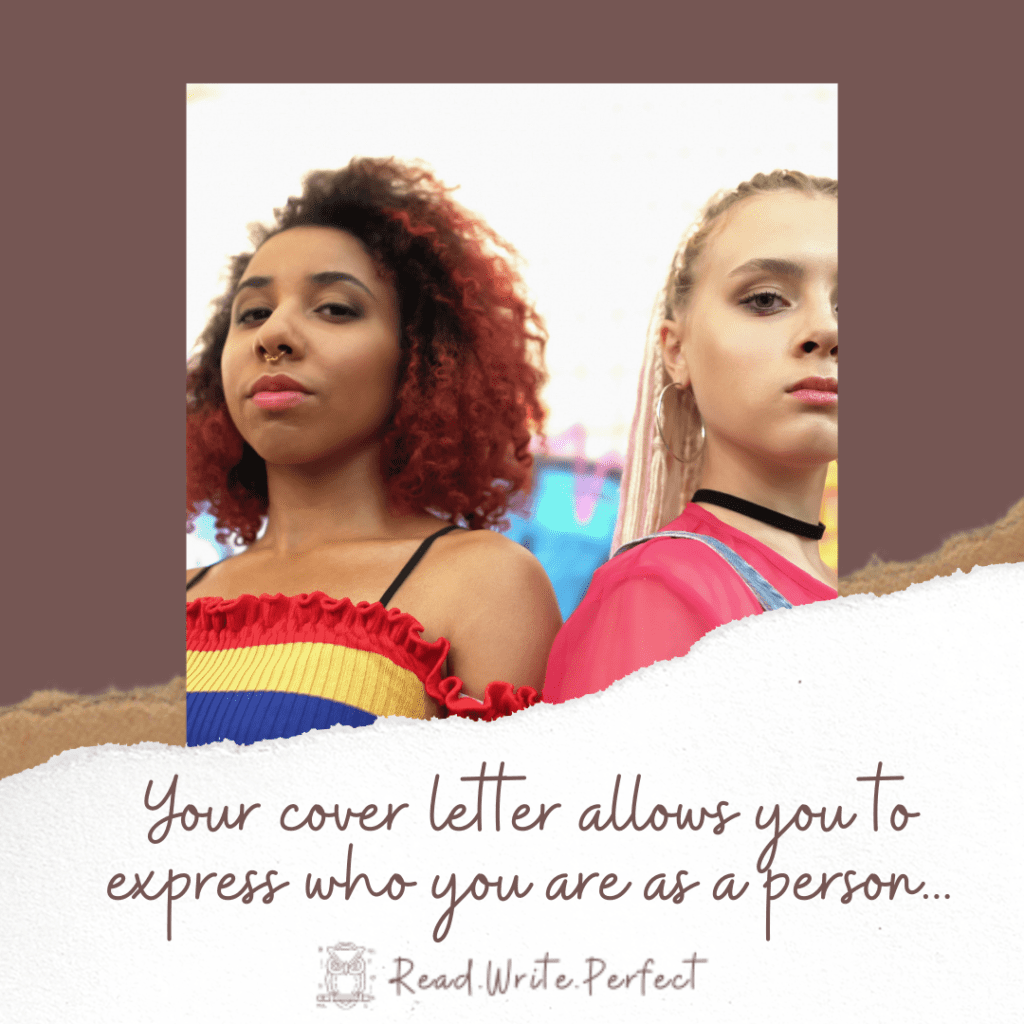
And really, you’ve already produced a resume, an application form, and probably a few writing samples as well. Do they really need a cover letter too? Will anyone even read it?
It may not be what you want to hear, but the quick answer is YES – yes, you do really need a cover letter, and yes, the admissions officers will read it.
So, what is a cover letter, exactly, and why do you need one? And more importantly, how do you writer a good one? Let me walk you through the basics.

Resumes and application documents are fundamentally fact-based – they comprise lists of achievements and summaries of experience, but they are necessarily formal and dry.
Your cover letter allows you to express who you are as a person, giving you the chance to “meet” the program director.
A good cover letter should tell the program director about you, convince them you will be a good addition to their program, and explain any gaps or oddities in your CV.
In other words, it’s your chance to bring your application to life. It’s also a great opportunity to demonstrate your writing ability and communication skills.

It should:
Remember, the admissions team want to know that you are capable of completing the program successfully and that you will be an asset to the program and school. By including these components, you should be aiming to show both.

First and most importantly, you need to really show that you are invested in the program and school – you’re not the sort of candidate who’ll just take the first offer to come along! Research the program you are applying for so your cover letter can be “personalized” for the school and program, demonstrating that you’ll be a “keeper.”
Secondly, remember that this is your first impression, so you want to make it professional. Check with the organization for formatting guidelines, including their length preferences and what they want included in the letter.
Ask whether the letter is likely to be printed or emailed and choose your design and formatting options accordingly – tiny or fancy fonts and pale colors may not be easily readable in all situations, and your letter can’t shine if it can’t be read.
